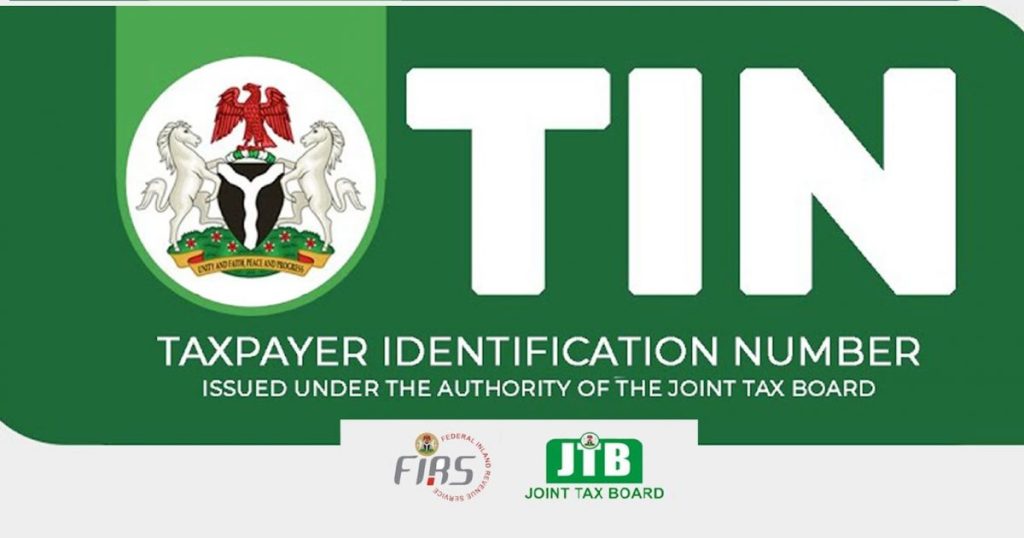In Nigeria, a new legislative proposal aims to enhance tax compliance and streamline revenue collection across various sectors by mandating the provision of a Tax Identification Number (TIN) for individuals involved in banking, insurance, stock-broking, and other financial services. Titled “A Bill for an Act to Provide for the Assessment, Collection of, and Accounting for Revenue Accruing to the Federation, Federal, States, and Local Governments”, the bill emphasizes the necessity of a TIN as a prerequisite for both new account openings and the operation of existing accounts. This initiative reflects the government’s broader commitment to formalize financial transactions and ensure that all entities engaged in financial activities are duly registered for tax obligations.
The proposed legislation, dated October 4, 2024, outlines a clear directive that individuals participating in the financial sector must comply with this new regulation. This requirement aims to not only underpin tax compliance but also bolster the overall revenue collection framework across various governmental tiers, ranging from federal to local levels. By enforcing this requirement, the government seeks to reduce tax evasion and enhance the integrity of the financial system, ensuring that everyone operating within it contributes their fair share towards national development.
In addition to local participants, the bill also extends its reach to non-resident individuals who supply taxable goods or services to individuals in Nigeria or earn income from within the country. These non-residents will be required to register for tax purposes and secure a Tax ID as part of these new regulations. However, exemptions are noted; individuals who derive only passive income from their investments in Nigeria will not be mandated to register but will still need to submit specified information as dictated by the tax authority. This nuanced approach acknowledges the varied nature of income sources and the complexity of non-resident engagements in Nigeria’s economic landscape.
Importantly, the legislation provides mechanisms for automatic registration. It empowers the relevant tax authority to automatically register individuals who are required to apply for a TIN but neglect to do so. The process mandates that the authority must then promptly inform the individual about their registration status and the issuance of their Tax ID. This proactive measure aims to minimize administrative barriers and ensure that individuals can comply with tax regulations more easily, thereby fostering a culture of accountability within financial operations.
To enforce compliance, the bill stipulates detailed penalties for individuals neglecting their tax registration duties. Specifically, anyone deemed a taxable person who fails to register will incur a penalty of N50,000 for the first month of non-compliance. This fine is designed to escalate, with subsequent monthly penalties set at N25,000. These punitive measures are indicative of the Nigerian government’s serious stance on improving tax compliance and ensuring that individuals are aware of their obligations within the financial system.
Overall, the proposed legislation represents a significant step toward strengthening Nigeria’s tax framework and enhancing the efficiency of its revenue collection processes. By requiring a Tax Identification Number for individuals engaged in financial services and extending this obligation to non-residents, the bill aims to improve tax compliance comprehensively. With automatic registration mechanisms and clearly defined penalties for non-compliance, the Nigerian government is poised to uphold its commitment to a well-regulated financial environment that benefits all stakeholders involved.














